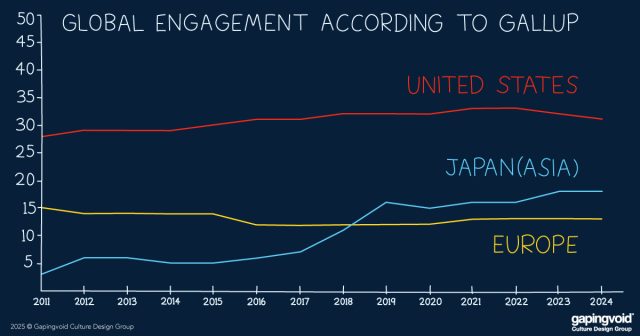
During a recent interview over on the Dwarkesh Patel channel, Professor Sarah CM Paine (who teaches Geopolitics over at The US Naval War College) gave a brief mention of what she calls “Half-Court Tennis.”
This is when you only pay attention to what’s happening on your own side of the net. For example, “Ball is heading to X, I too must move to X,” without paying attention to what your opponent on the other side of the net might be up to.
She gives a good example from the early 1930s. The USA was then in the midst of a depression, so to protect jobs they implemented massive import tariffs.
Suddenly Japan couldn’t export anything to the US, their biggest customer. Unable to produce all their own food themselves, and without being able to export, they found themselves no longer having the money to import food to feed themselves.
Though Japan came out of WWI as one of the keenest internationalists, this move by the US put a quick end to all that.
Next thing you know, the Japanese Nationalists have taken over, especially in their army. Thinking they can no longer rely on international trade, they decide they will need to create their own empire and soon invade Manchuria in China (which was the army’s idea). But they don’t stop there. Within a few years they kicked out the Dutch from Indonesia (for the oil), then attacked Burma (British), Singapore (British), and of course, Pearl Harbor (American). WWII begins.
Yes, history is complex and there’s a lot more nuance to this story, but Professor Paine’s message is clear- when it comes to grand strategy and geopolitics, do not play “Half-Court Tennis,” like the US did in the 1930s.
This also applies to our businesses, of course. After the War ended, the UK car industry decided to put strict tariffs on foreign competition. Long term this didn’t protect the jobs as they’d promised, what it did instead was destroy any incentive to be better than the next guy. And a fairly militant Trade Union movement at the time just made it worse. Sure, for political expediency their Government tried to subsidize car companies that made seriously inferior products that nobody else wanted as best it could, but that was doomed to fail eventually. By the 1980s, British car manufacturing was a wretched shadow of its former self.
They weren’t watching Volkswagen. They weren’t watching Toyota. They were playing Half-Court Tennis.



